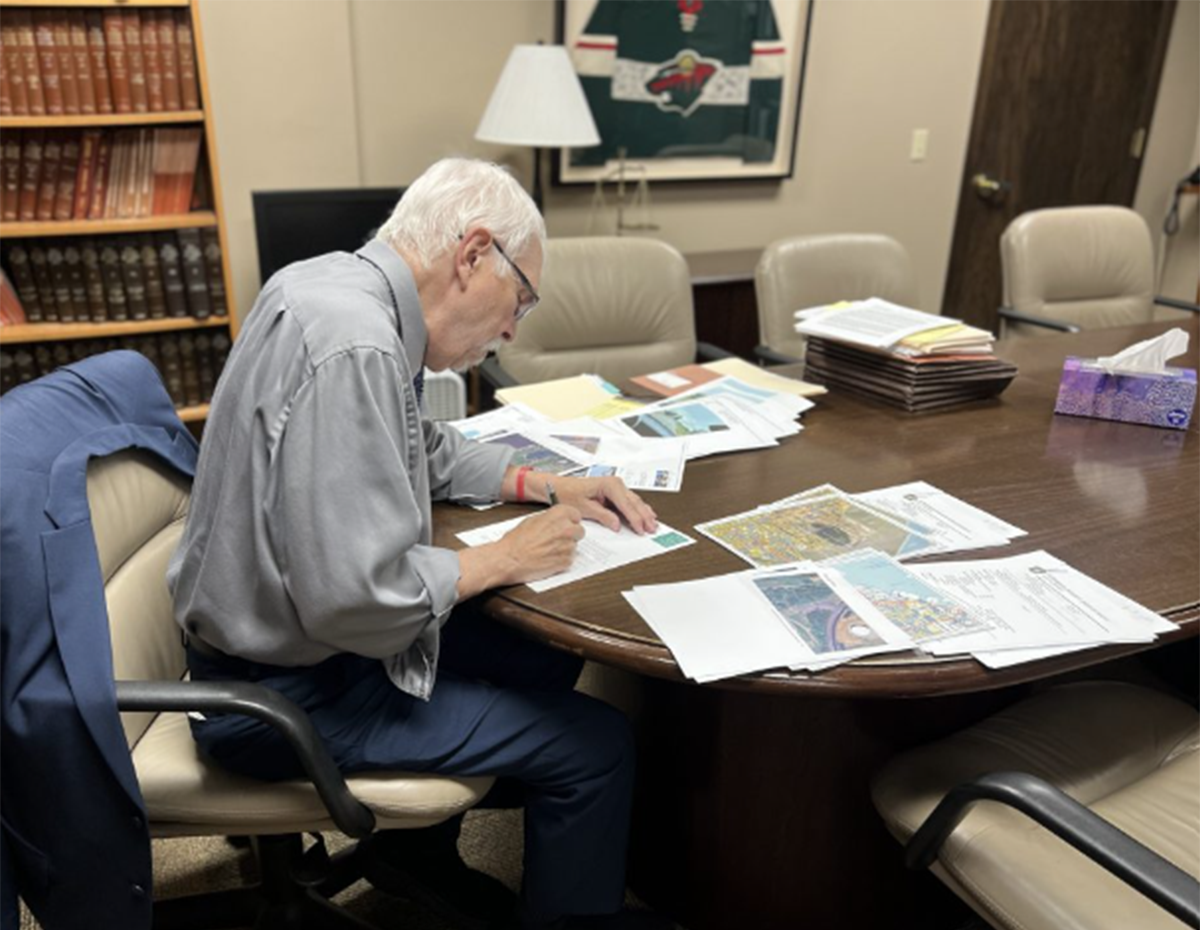A record number of faculty and staff are retiring from the university this year due to various implications of Governor Walker’s proposed bills and removal of collective bargaining.
Donna Weber, director of human resources, said that 20 classified (such as administrative support) and 36 unclassified (faculty and instructional staff such as academic staff and administrators) university workers will be leaving by the end of spring 2011.
Compared to when she began working at the university (six total retirees in one year), the number of retirees, she said, is the highest she has seen in her 20-plus year career.
“(Employees) are concerned about losing retirement benefits, primarily,” Weber said. “People who have worked here for a long time … see that they may start losing benefits as opposed to gaining them (and) are thinking it’s time to hang it up.”
Freshman Emily LeClaire expressed concern over the sudden retirement of university staff, saying they have become a part of her experience at Eau Claire.
“By all means, older professors can retire… (but it’s) hard to think about it being the fault of legislation,” she said.
With so many retirements in process or having happened already, the university faces a number of problems, including the loss of long-time employees, trouble filling vacant positions and a negative effect on student services.
“We’ve had a couple of faculty that have taken a contract and declined because we have the whole budget process happening; they don’t want to be any part of it,” Weber said.
Walker’s budget bill removed collective bargaining rights for public sector employees and, in the eyes of many public employees, threatened their retirement benefits and pensions. Additionally, the governor has required all state employees to pay a certain percentage of their salary to their health care premiums and retirement benefits — this means that many will be paying for health insurance out of their pockets monthly.
Cynthia Welch, program associate for Services for Students With Disabilities (SSD), will retire June 30 after 20 years at UW-Eau Claire and an additional 15 years at UW-Stout. She said Walker and the legislation did not directly influence her decision to retire, but instead “reaffirmed and made (her decision) clear.”
“After the election, I started listening to the governor elect and decided as I walked in on inauguration day that I couldn’t work under him,” she said. “I couldn’t take a chance with what is going to happen to my retirement benefits…I can’t trust Walker.”
Welch added that it’s the taxpayers who are paying for the retirement.
“Once we retire, all of that money comes out of the retirement fund. (Taxpayer) responsibility ends,” she said. “They think they are continuing to pay for me. And they don’t….Nobody will support me but myself in retirement.”
Nicholas Passell, associate professor of mathematics at Eau Claire, will retire May 22 after almost 29 years of working at the university. Passell, similar to Welch, was not directly influenced to retire by the bill, but instead found that he would be in a better position to retire now before anything “radical happened in Madison.”
“My feeling was that in other states at various points, the state legislature has raided pension funds and things, and I certainly wouldn’t put it past the current administration to try the same thing,” he said.
Weber added there are “Too (many staff and faculty) to mention have a retirement packet in hand if they feel they’ll lose their retirement benefits.”
Mary Farrell worked as a staff nurse in Student Health Services for over 21 years and was “forced into retirement,” she says, on March 11 of this year. Farrell says she left in fear based on information passed along to her that her retirement package would have been lost.
“(Retiring) was with regret and I’m not happy about it,” she said. “What the governor did was dishonest in suggesting that the state workers had not sacrificed. We’ve given up so much by coming to the public sector from the private sector, but we did so with the knowledge that we would have a retirement package.”
Farrell added that students across campus will be able to feel the hurt of so many faculty and staff retiring on such short notice.
“(Students won’t get) the superb services they should be getting, and not just from health services,” she said. “We are short staffed. The buildings aren’t being kept up as they should be. All the secretaries and office staff and all of those positions, food service, all of those positions are … protecting themselves.”
Welch said the negative attitude for some people towards that public employees and teachers is “sad.”
“I have a college degree. I’m working on another one,” she said. “We bring that education level and the knowledge. And we’re just losing a tremendous amount of knowledge.”






